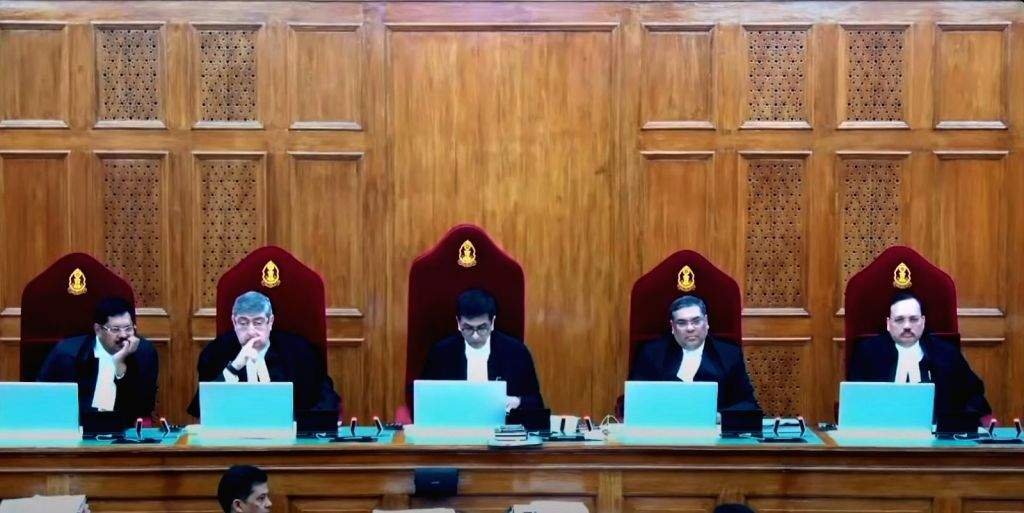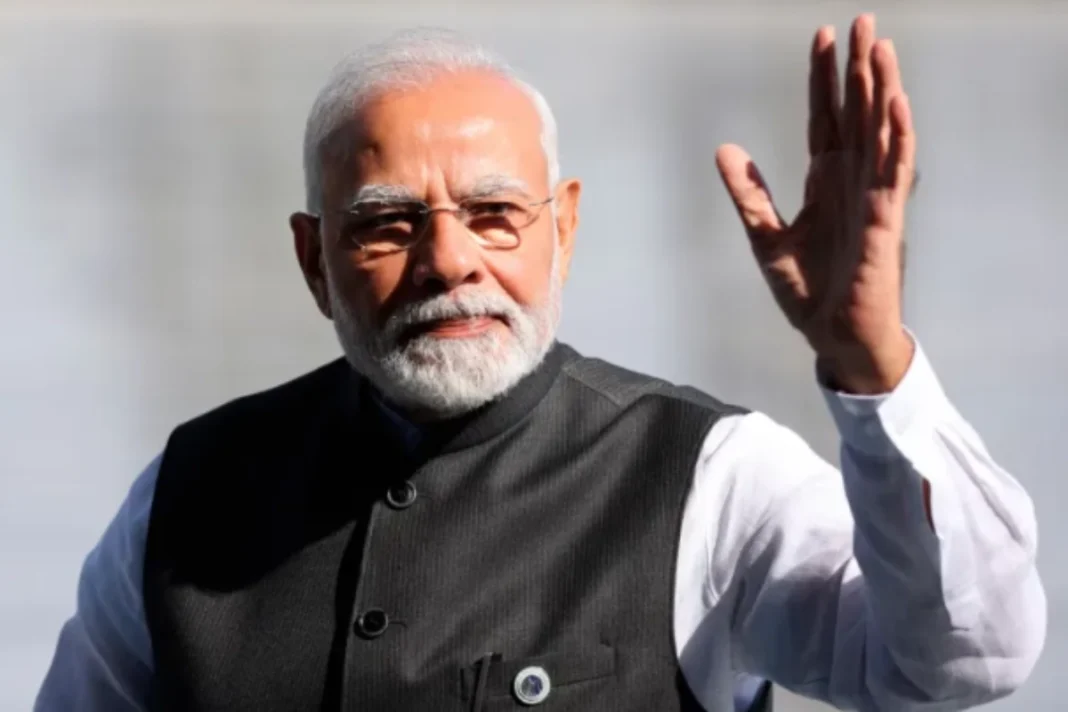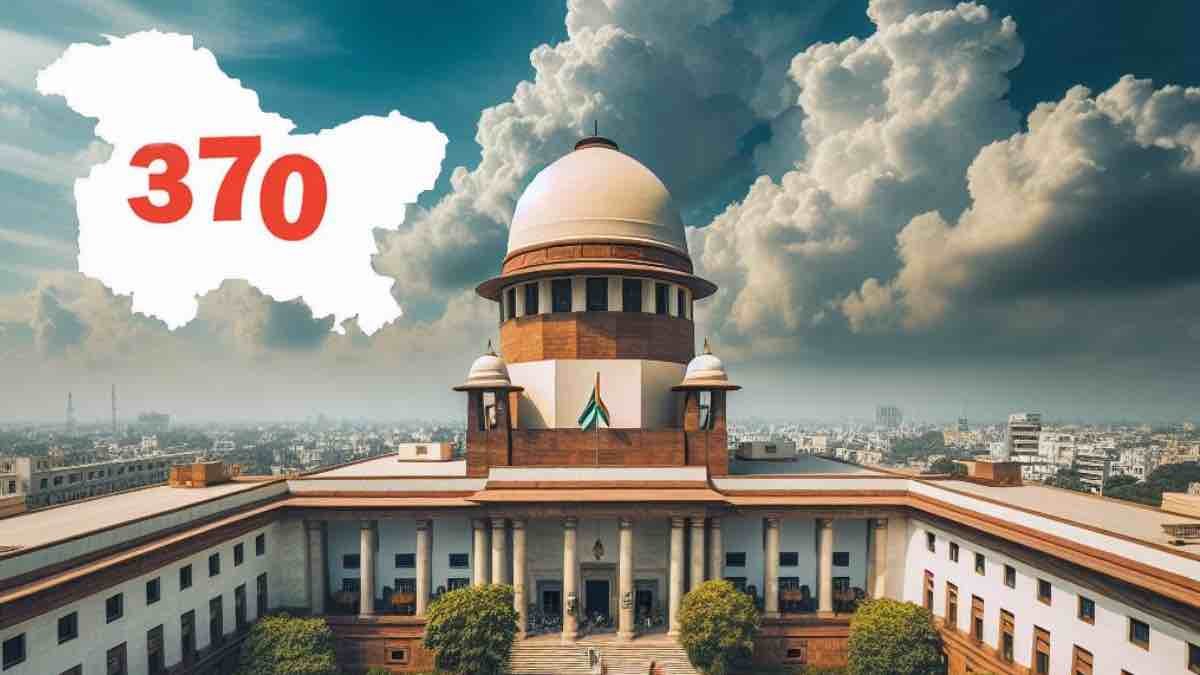Understanding Article 370
Article 370, a provision in the Constitution of India, held significant implications for the erstwhile state of Jammu and Kashmir. Enacted to grant the region a special status, it allowed the state to have its constitution and autonomy in various matters, except for defense, communications, and foreign affairs. However, in 2019, the Union government made a historic decision to amend Article 370, resulting in the abrogation of Jammu and Kashmir’s special status. This move sparked debates, legal challenges, and discussions about the constitutional validity of such an action.
Table of Contents
The Supreme Court’s Verdict
On December 11, the Supreme Court, led by Chief Justice of India (CJI) DY Chandrachud, delivered a landmark verdict on the government’s decision to amend Article 370. The five-judge Constitution bench, after a thorough examination of 23 petitions related to the matter, upheld the Constitutional order that revoked Article 370. The decision followed 16 days of intense hearings, during which various legal aspects and implications were scrutinized.
CJI DY Chandrachud, in his remarks, emphasized that Jammu and Kashmir had lost its internal sovereignty after acceding to India. He noted that there was no prima facie evidence suggesting that the President’s orders in 2019 were made in bad faith or constituted an extraneous exercise of power. The court’s recognition of the reorganization of the region into Union Territories in 2019 was deemed a temporary measure. However, the Supreme Court directed the Centre to take steps to restore statehood and conduct Legislative Assembly elections.

Analysis and Implications
The Supreme Court’s verdict carries profound implications for the legal and political landscape of Jammu and Kashmir. By upholding the Constitutional order, the court has set a precedent regarding the government’s authority to amend special provisions in the Constitution. The acknowledgment of the reorganization as a temporary measure provides a nuanced perspective, suggesting a potential pathway for future developments.
The decision regarding the restoration of statehood and the call for Legislative Assembly elections indicate a commitment to democratic principles. It implies that while constitutional changes were deemed valid, the court emphasizes the importance of democratic representation for the people of Jammu and Kashmir. This aspect of the verdict opens avenues for further discussions on the region’s political future and the role of its residents in shaping it.
Public Reaction and Future Outlook
Unsurprisingly, the verdict has elicited varied reactions from different quarters. While some see it as a validation of the government’s decisive actions, others express concerns about the long-term implications for the region. The call for restoration of statehood is seen by many as a step towards normalcy and inclusive governance.

Looking ahead, the future of Jammu and Kashmir remains a subject of keen interest. The government’s response to the Supreme Court’s directive, the process of restoring statehood, and the subsequent elections will undoubtedly shape the region’s trajectory. Additionally, the legal precedents established by this verdict may influence similar cases in the future, making it a pivotal moment in Indian legal history.
Conclusion
In conclusion, the Supreme Court’s verdict on Article 370 represents a crucial chapter in the evolving narrative of Jammu and Kashmir’s constitutional and political status. The delicate balance between constitutional amendments and democratic principles sets the stage for a nuanced exploration of governance in the region. As the dust settles on this historic decision, it leaves us contemplating the broader implications for constitutional law, democracy, and the future trajectory of Jammu and Kashmir.
In this juncture of change, the conclusive chapters of Jammu and Kashmir’s story remain unwritten. The resilience of its people and the adaptability of its governance structures will define not just the region’s destiny but will resonate as a significant chapter in the broader tapestry of constitutional evolution in India. The Supreme Court’s verdict, while settling a legal dispute, has sown the seeds for a new era in the region, one that holds the promise of renewed constitutional dialogue, democratic representation, and a harmonious synthesis of diverse voices.

